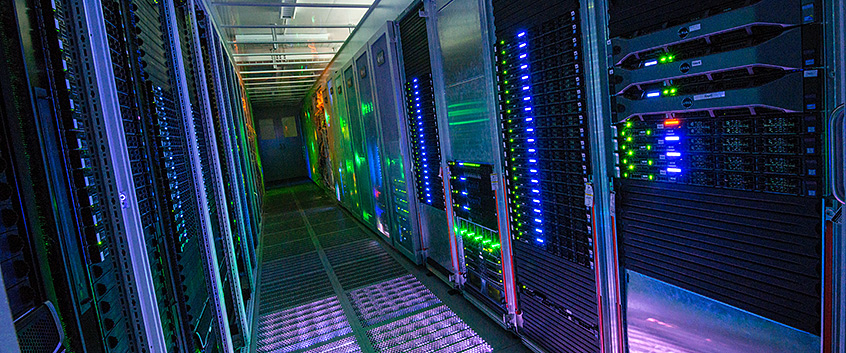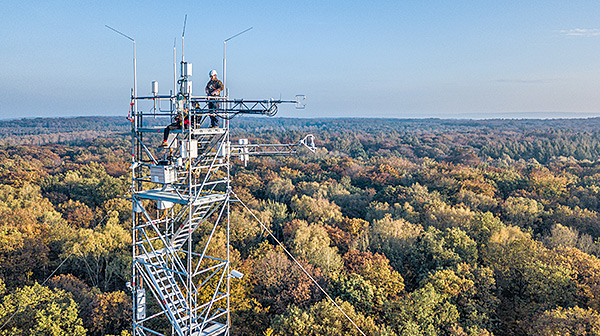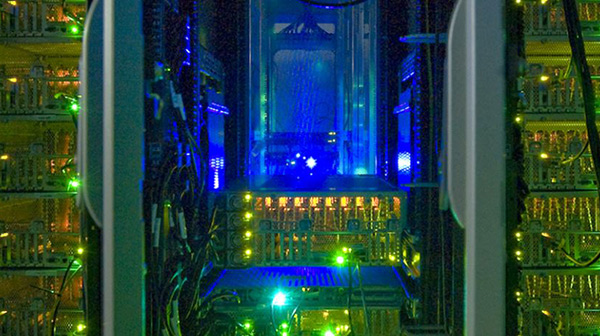
Digital Science Projects
The modelling and observation of the terrestrial environment generates very large amounts of digital data. Individual sensors but also entire sensor networks, terrestrial long-term observatories up to satellites, high-resolution computer modelling, methods of visualisation and augmented reality - to name a few - generate exponentially growing amounts of data every year. One speaks of the fourth paradigm - the time of data-based science (
The Fourth Paradigm
). A current core challenge in research is to cope with these data sets and make them usable for scientific work. read more…
These include processing, analysis, long-term storage, legally compliant access and re-use. The data currently used in environmental science come from heterogeneous sources and are available in different time and space resolutions. How can these data be made digitally usable and compatible in order to answer urgent scientific questions? To answer this question, many new digital research initiatives are underway in the Helmholtz Association, nationally and internationally. In addition, IT developments are having an increasing impact on current global environmental research: increasing computing and storage capacities (e.g. supercomputing in the exa-flop range, quantum computing), new methods in data science and digital research as well as new research data infrastructures that follow new global principles such as FAIR (
FAIR principles
) and Open Science.
Policymakers and research funders are responding to this development with corresponding research programmes in the field of data sciences, AI and research data infrastructures. In addition, new national and international IT infrastructures are being set up, such as the Open Science Cloud ( EOSC portal ) of the European Commission or the National Research Data Infrastructure ( DFG NFDI ) of the German Research Foundation. With a budget of several million euros, the Helmholtz Information & Data Science Incubator offers cross-centre platforms and pilot projects for research. The incubator thus has a decisive influence on digital research within the Helmholtz Association.
The UFZ actively participates in these initiatives through various digital science projects. The following pages present the breadth and depth of the projects:

Digital Science-Platforms, Research Data Management and Infrastructures, Data Science
NEWSLETTER
If you are interested in being informed about news on the digital science projects, there is the possibility to subscribe to a mailing list. Please use the following link (ONLY UFZ internal!):
Formular for Newsletter registration


